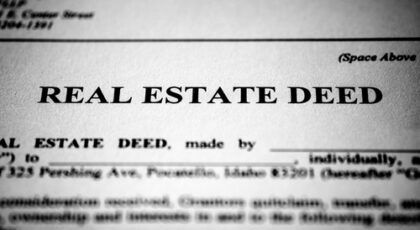The financial journey of acquiring a home is one laden with complexities, nuances, and decisions. For potential homeowners in Florida, the FHA loan program stands as a beacon of hope, offering accessible pathways towards the dream of homeownership. This guide seeks to elucidate the intricacies of Florida FHA lenders, demystifying the process, and providing potential homeowners with a roadmap to successful homeownership.
Understanding FHA Loans in Florida
Federal Housing Administration (FHA) loans are government-backed mortgage loans aimed at enabling low-to-moderate-income individuals and families to purchase homes. The benefits of these loans are numerous, ranging from low down payments to less stringent credit requirements.
The Advantageous Nature of FHA Loans
- Lower Down Payments: Often, FHA loans only require a down payment of 3.5%, making it easier for individuals to acquire a home.
- Flexible Credit Score Requirements: Even with a credit score as low as 580, one can potentially qualify for an FHA loan.
- Seller Contributions: In certain scenarios, sellers can contribute up to 6% of the sales price to help with closing costs.
- Debt-to-Income Flexibility: While conventional loans might be strict on the debt-to-income ratio, FHA loans often offer more flexibility.
Florida FHA Lender Eligibility
To access these benefits in Florida, specific criteria must be met:
- Credit Score: Typically, a credit score of 580 and above is desired. However, if the down payment is 10%, then scores between 500 and 579 may be considered.
- Employment History: A stable employment history of at least two years with the same employer is beneficial.
- Property Requirements: The home must be the borrower’s primary residence, and it should meet certain safety, security, and structural integrity standards.
- Debt-to-Income Ratios: Generally, the mortgage payment should not exceed 31% of the borrower’s monthly income. Additionally, total debt should not exceed 43% of monthly income.
Finding the Right Florida FHA Lender
Choosing an FHA lender in Florida is akin to selecting a trusted partner for one’s financial journey. Factors to consider include:
- Reputation: Look into reviews, testimonials, and past customer experiences.
- Rates: While FHA loans have set guidelines, rates can slightly vary among lenders.
- Customer Service: A lender’s responsiveness and clarity in communication is vital in navigating the mortgage process.
- Experience: Seasoned lenders might have insights and advice gleaned from years in the industry.
Potential Pitfalls and Solutions
Like any financial decision, FHA loans are not devoid of potential hiccups. Awareness and preparation can mitigate these challenges:
- Mortgage Insurance: FHA loans require both an upfront mortgage insurance premium and an annual premium. Potential homeowners should budget for these additional costs.
- Loan Limits: FHA loans have limits which vary based on county. Before house hunting, verify the FHA loan limits for your specific Florida county.
- Property Standards: If the desired property doesn’t meet FHA standards, repairs may be necessary before approval.

















